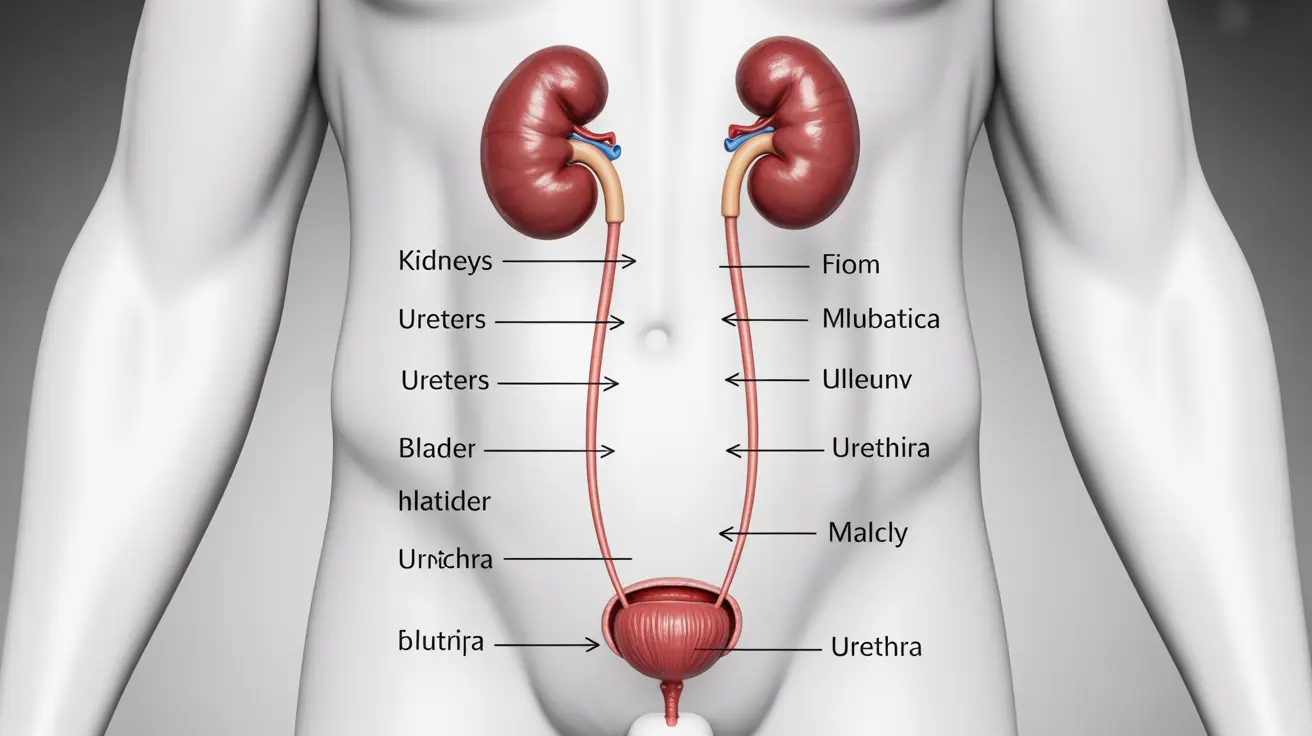Urinary tract infections (UTIs) can be uncomfortable and disruptive to daily life, but understanding the available treatment options is crucial for quick relief. While medical intervention is often necessary, there are several approaches to managing and treating UTIs effectively. This comprehensive guide explores both medical treatments and supportive measures to help you recover from a UTI.
Understanding UTIs and Their Treatment
A urinary tract infection occurs when bacteria, typically E. coli, enter and multiply in the urinary system. Proper treatment is essential to prevent the infection from spreading to the kidneys or becoming more severe. The most effective approach usually combines medical treatment with supportive home care measures.
Medical Treatment Options
Antibiotic Therapy
Antibiotics are the primary medical treatment for UTIs. These medications work by targeting and eliminating the bacteria causing the infection. Your healthcare provider will prescribe specific antibiotics based on the severity of your infection and your medical history. It's crucial to complete the entire course of antibiotics as prescribed, even if symptoms improve earlier.
Types of Antibiotics Common for UTIs
Different antibiotics may be prescribed depending on your situation:
- Nitrofurantoin for uncomplicated UTIs
- Trimethoprim/sulfamethoxazole for standard infections
- Fluoroquinolones for more severe cases
- Beta-lactam antibiotics for resistant infections
Effective Home Care Strategies
Hydration and Dietary Support
While waiting for medical treatment to take effect, certain home care measures can help manage symptoms:
- Drink plenty of water to help flush bacteria from your system
- Avoid caffeine and alcohol, which can irritate the bladder
- Consider sugar-free cranberry products, which may help prevent bacterial adhesion
- Maintain a balanced diet rich in vitamin C to support immune function
Pain Management
Over-the-counter pain relievers can help manage discomfort while waiting for antibiotics to work. Look for medications specifically designed for urinary pain relief, or consult with your healthcare provider about appropriate pain management options.
Prevention Strategies
Implementing these preventive measures can help reduce the risk of future UTIs:
- Wipe from front to back after using the bathroom
- Urinate after sexual activity
- Wear breathable, cotton underwear
- Stay well-hydrated throughout the day
- Consider probiotic supplementation after discussing with your healthcare provider
When to Seek Medical Care
While some mild UTI symptoms may improve with home care, certain situations require immediate medical attention:
- Fever or chills
- Back or side pain
- Blood in urine
- Severe abdominal pain
- Symptoms that persist beyond 2-3 days
- Recurring infections
Frequently Asked Questions
How do antibiotics work to get rid of a urinary tract infection (UTI)?
Antibiotics work by either killing the bacteria causing the UTI or preventing their growth. They target specific biological processes essential for bacterial survival. Different antibiotics work in various ways, such as disrupting cell wall formation or interfering with bacterial DNA replication.
What home remedies can help relieve UTI symptoms while waiting for medical treatment?
Several home remedies can help manage UTI symptoms: staying hydrated, using a heating pad for pain relief, taking over-the-counter pain medication, and avoiding bladder irritants like caffeine and alcohol. However, these remedies should not replace proper medical treatment.
Can drinking cranberry juice or taking probiotics prevent or treat a UTI?
While cranberry products may help prevent UTIs by making it harder for bacteria to stick to urinary tract walls, they cannot treat an active infection. Probiotics may help maintain healthy bacterial balance and prevent recurrence, but scientific evidence is still limited. Neither should replace antibiotics for treating active UTIs.
What lifestyle changes can help prevent recurring urinary tract infections?
Key lifestyle changes include proper wiping technique, urinating after sexual activity, wearing breathable underwear, staying hydrated, and maintaining good hygiene. Regular bathroom habits and avoiding holding urine for long periods can also help prevent UTIs.
When should I see a doctor if I suspect I have a UTI or if symptoms worsen?
See a doctor immediately if you experience fever, back pain, blood in urine, or severe abdominal pain. Also seek medical care if symptoms persist beyond 2-3 days, worsen despite home care, or if you have recurring infections. Pregnant women should always consult their healthcare provider about UTI symptoms.




